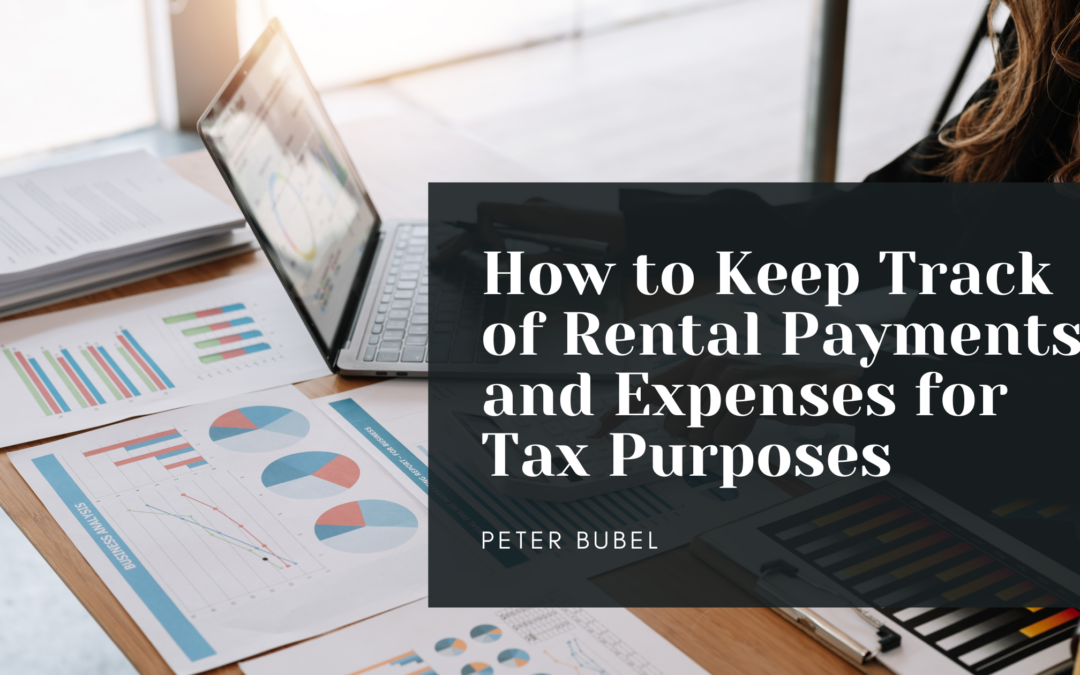Managing rental properties can be a rewarding venture, but it comes with its challenges, especially when tracking payments and expenses for tax purposes. Staying organized is critical to maximizing deductions and ensuring compliance with tax regulations. Here are some effective strategies to help you keep track of rental payments and expenses.
- Create a Dedicated Financial System
The first step is establishing a dedicated financial system for your rental properties. This can be as simple as a spreadsheet or as complex as accounting software. Tools like QuickBooks or property management software can help automate many tasks, making it easier to categorize and track expenses.
- Use Separate Bank Accounts
Open a separate bank account specifically for your rental income and expenses. This segregation simplifies tracking by keeping personal finances separate from business-related transactions. It also makes it easier to identify income and expenses during tax season.
- Document All Transactions
Every rental payment and expense should be documented. Keep a detailed record of all transactions, including receipts for repairs, maintenance, property management fees, and utilities. This documentation not only aids in tax preparation but also provides proof in case of an audit.
- Maintain a Rental Payment Log
Create a rental payment log to track when tenants pay their rent. This log can include columns for the tenant’s name, payment amount, payment date, and any outstanding balances. Regularly updating this log ensures you have an accurate record of income.
- Track Mileage for Property Visits
Keep a mileage log for maintenance, inspections, or management if you travel to your rental properties. The IRS allows deductions for mileage related to rental property management, so documenting your trips can lead to significant savings.
- Utilize Accounting Software
Consider investing in accounting software designed for landlords. These programs can help automate the tracking of income and expenses, generate reports, and simplify tax filing. Many offer features tailored specifically for rental property management, making them invaluable tools.
- Consult with a Tax Professional
Finally, working with a tax professional can provide tailored advice specific to your situation. They can help you understand which expenses are deductible and guide you through tax preparation, ensuring you take full advantage of available deductions.
Keeping track of rental payments and expenses is crucial for maximizing tax benefits and maintaining a successful property management business. Implementing these strategies can simplify your financial tracking and allow you to focus more on growing your rental portfolio. Stay organized, stay informed, and watch your investments thrive!

